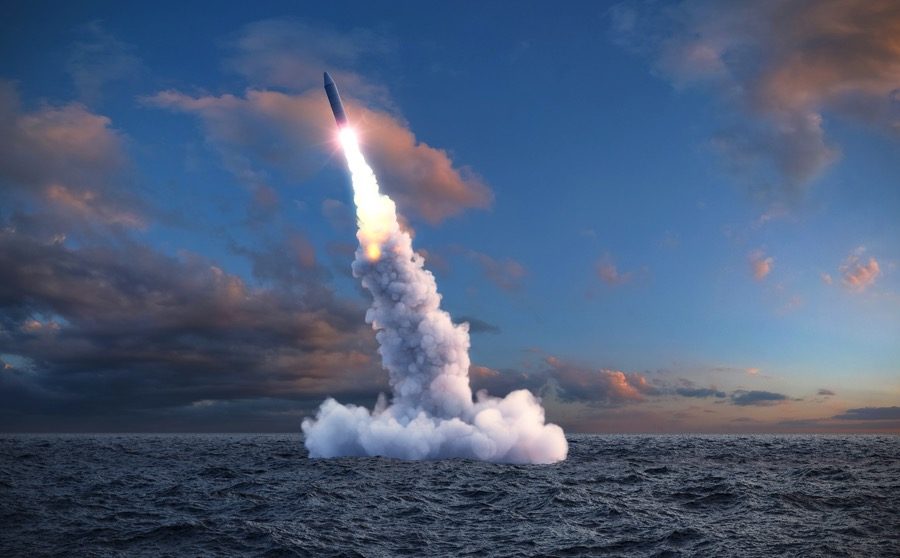
Plans to expand Iran’s military expenditure to five percent of the state’s budget have been approved this week by Iranian MPs.
173 MPs backed the bill, with ten voting against and six abstaining. The budget will rise from two percent and will “increase Iran’s defence capabilities as a regional power and preserve the country’s national security and interests by allocating at least five percent of annual budget”.
The decision will see the continuation of the development of the long-range missile programme that has increased tensions with President-elect Donald Trump, who has vowed to put a stop to the programme.
The move could also see Iran come in for some heavy criticism from other Western powers, which see recent ballistic missile tests conducted by Tehran as conflicting with the U.N. resolution on Iran.
Ballistic test launches undertaken last year were condemned by then-UN Secretary-General Ban Ki-moon, who said they were not in the spirit of Iran’s nuclear accords, signed in 2015 under the JCPOA [the Joint Comprehensive Plan of Action] agreement.
Ban Ki-moon’s report was heavily criticised by Russia, Iran and the outgoing US administration.
In exchange for Western countries lifting international sanctions, Iran agreed to reduce its centrifuges by two-thirds; limit its uranium enrichment below the required level for bomb-grade material; cut its enriched uranium stockpile from around 10,000kg to 300kg for 15 years, and would comply with international inspections.
The resolution was an attempt to restrict Iran’s development of ballistic missiles designed to deliver nuclear weapons. Tehran has denied that tests are not part of efforts to develop nuclear capable missiles.
The United States and the five permanent members of the United Nations Security Council, including the UK, Russia and France, ratified the agreement.
Mr Trump referred to the accord as “the worst deal ever negotiated” during his election campaign and claimed he would tear it apart.







